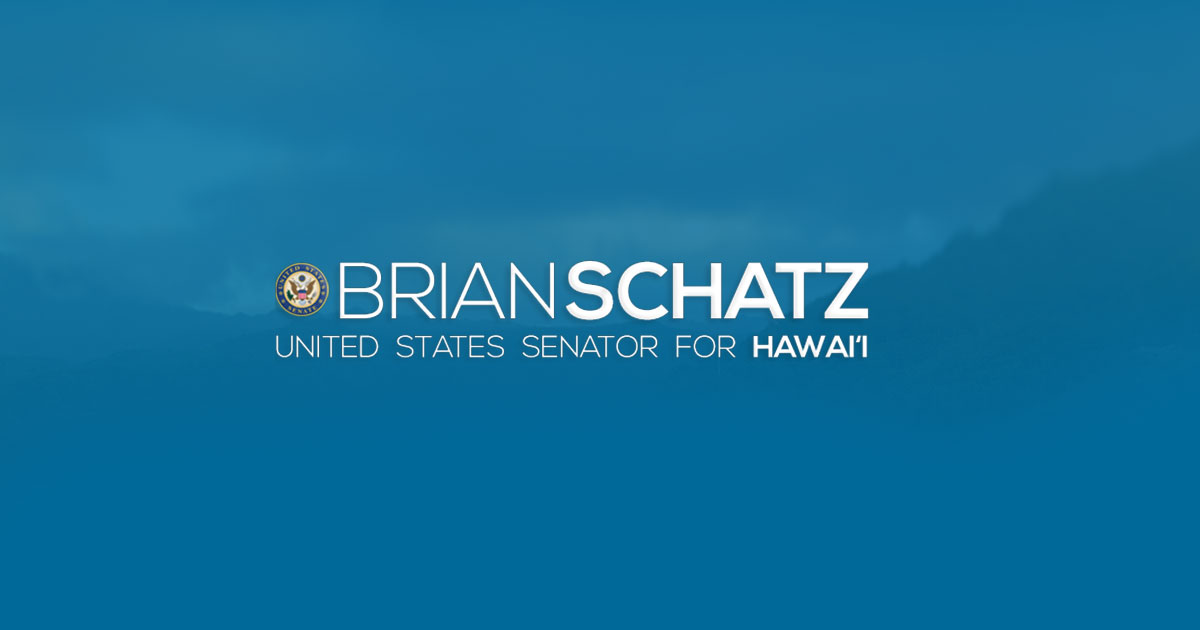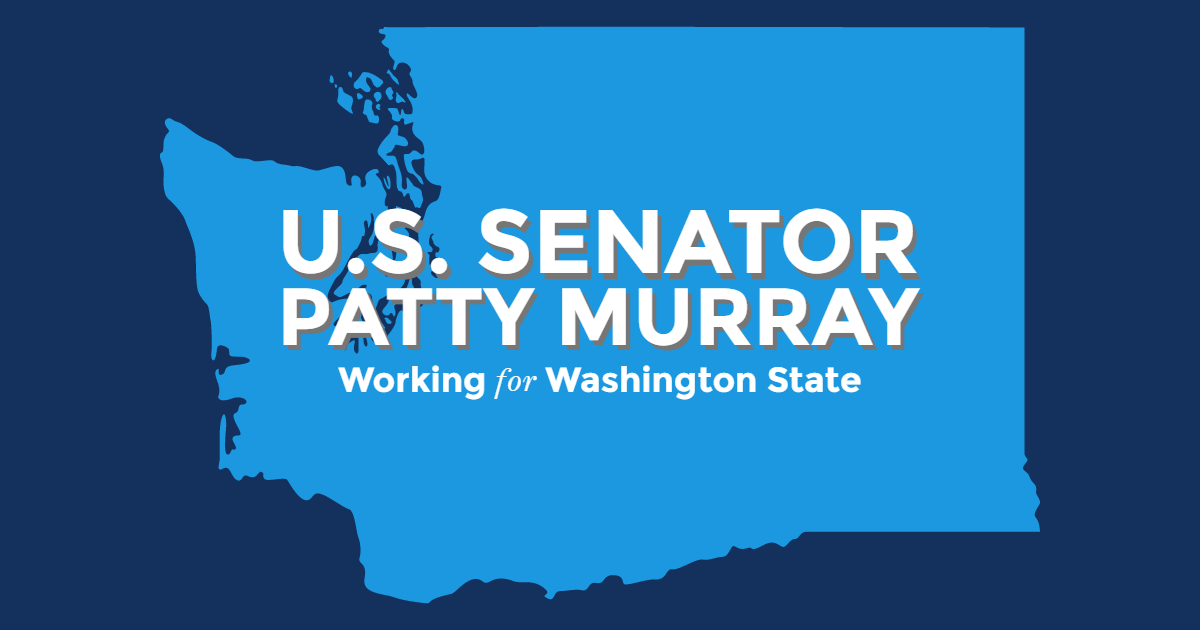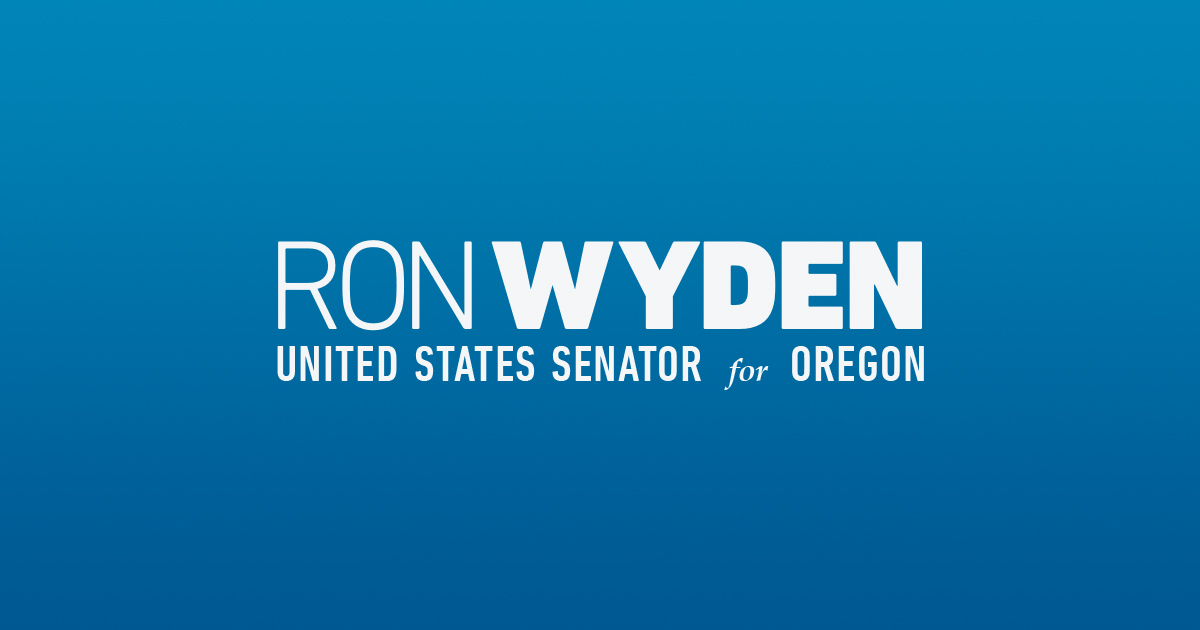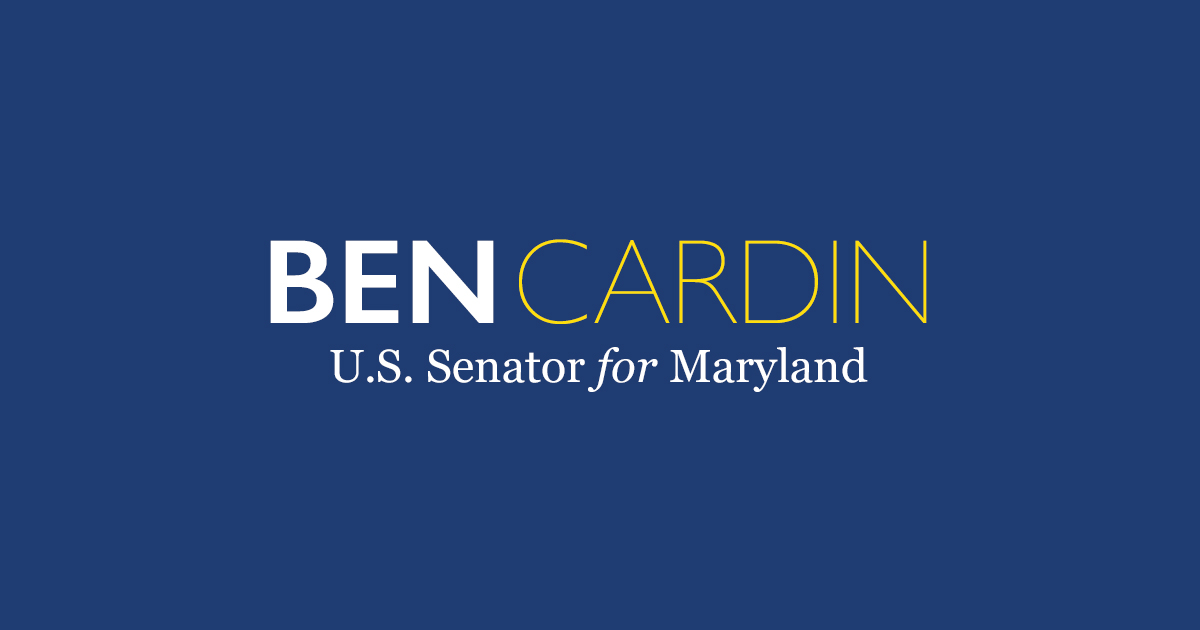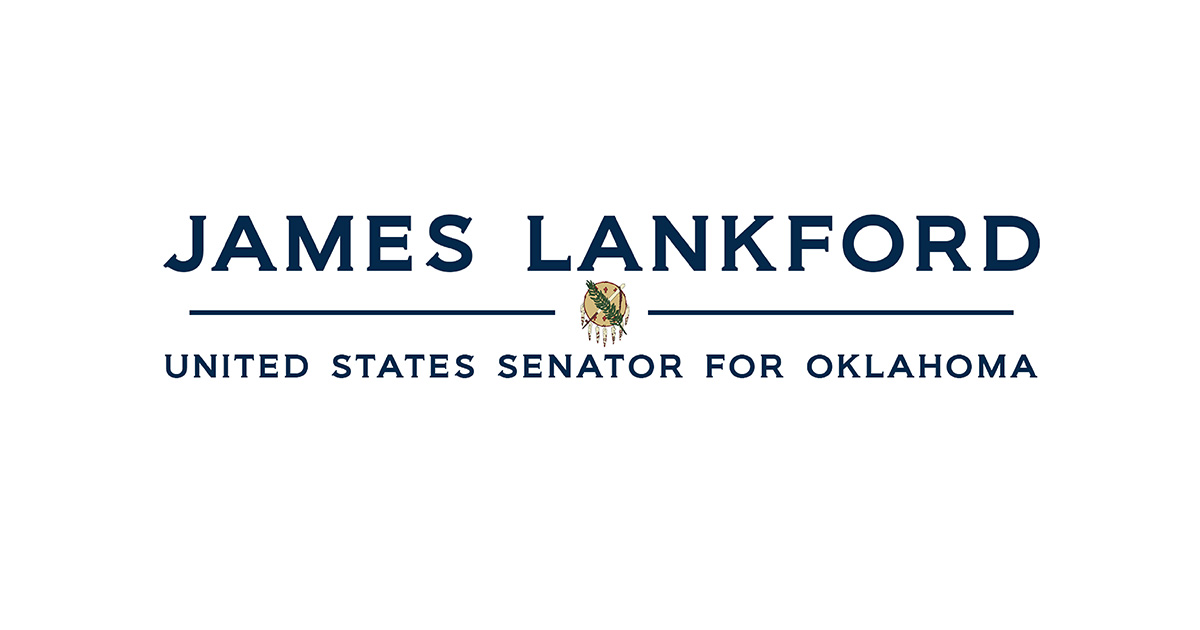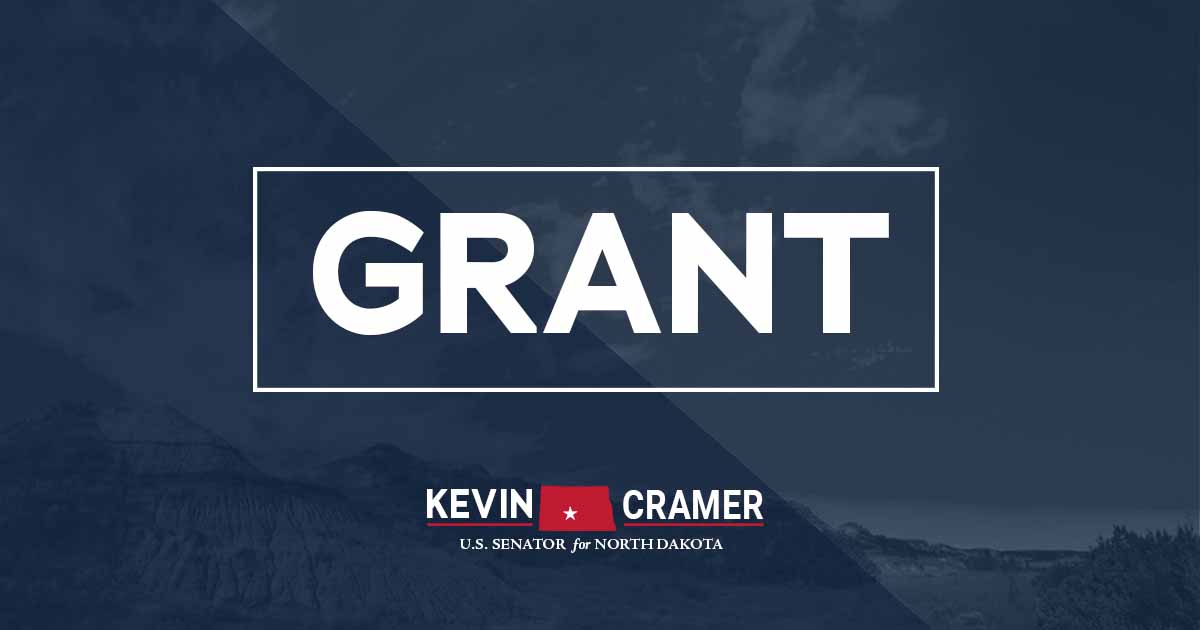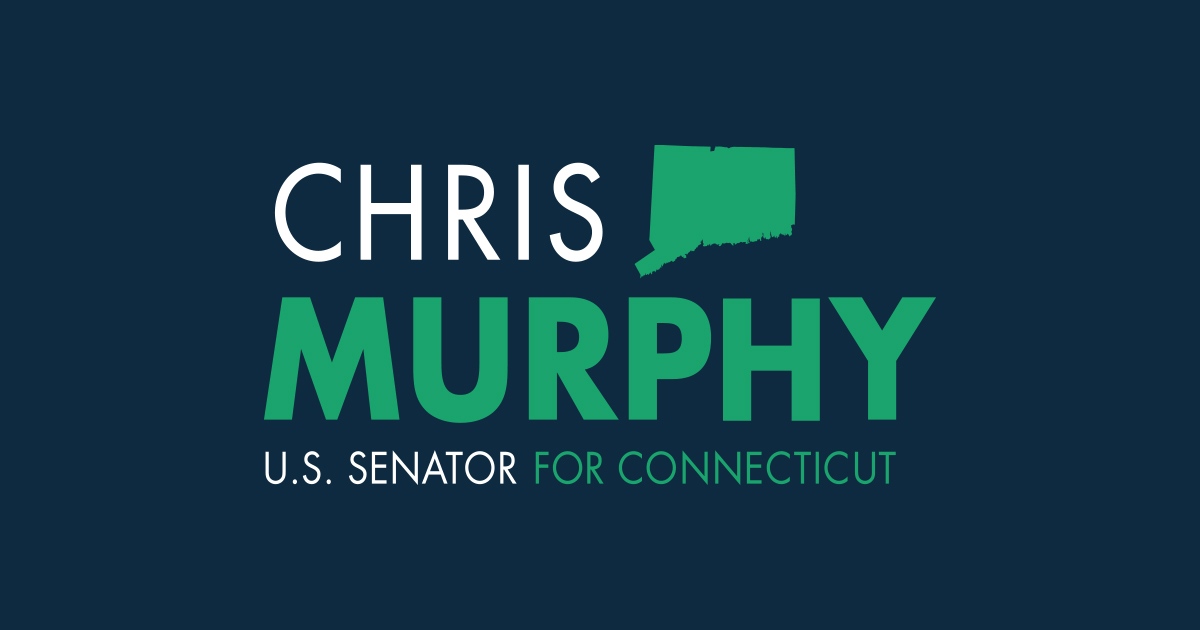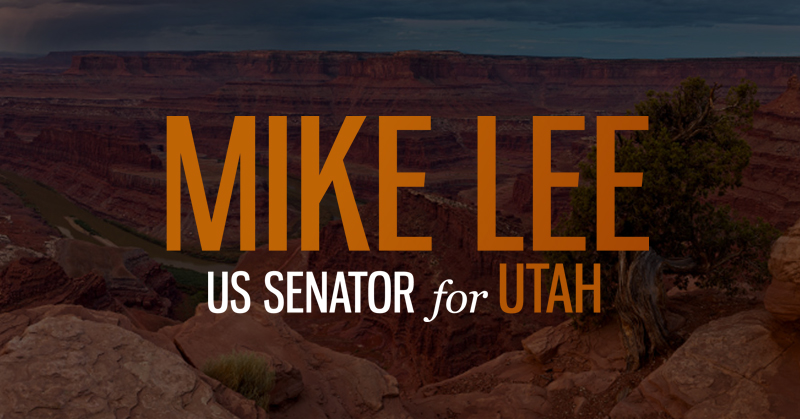Source: United States Senator for Washington State Patty Murray
The Digital Equity Act would help close the digital divide impacting communities across the nation
The Digital Equity Act builds on recent efforts to increase access to broadband by prioritizing “digital inclusion”—activities that seek to provide individuals and communities with the skills, supports, and technologies necessary to take full advantage of a broadband internet connection when they have one
Legislation creates two new $125M grant programs aimed at promoting #DigitalEquityNow and supporting digital inclusion programs for students, families, and workers
Pew Research Center: “Nearly one-in-five teens can’t always finish their homework because of the digital divide” – MORE HERE
8.8% of Washington state households do not have an internet subscription– MORE HERE
(Washington, D.C.) – Today, U.S. Senator Patty Murray (D-WA), Chair of the Senate Health, Education, Labor, and Pensions (HELP) Committee, Senator Rob Portman (R-OH), and Senator Angus King (I-ME) introduced new bipartisan legislation aimed at closing the growing digital divide in communities across the country. The Digital Equity Act of 2021 would create new federal investments targeted toward a diverse array of projects at the state and local level that promote “digital equity”— a concept defined by the National Digital Inclusion Alliance as the, “condition in which all individuals and communities have the information technology capacity needed for full participation in our society, democracy and economy.”
“For so many of us, having a reliable broadband connection is a given—we use the internet to pay bills, do our taxes, keep in touch with family, do homework, and much more. That was true before the pandemic, but it’s even more true now. For far too many in Washington state and across the country getting online isn’t so easy to do. This can prevent people from applying for jobs, learning new skills, signing up for health care, accessing unemployment benefits, and more. That’s the digital divide,” Senator Murray said. “While we’ve made some headway expanding internet access to more families by investing in critical infrastructure like rural broadband, that isn’t much help if they don’t have the tools and skills to actually use their broadband connection. The Digital Equity Act is an important bipartisan step Congress must take to help states, counties, Tribes, and others do more to close this digital divide. This bill is an investment in our families, our workforce, and our overall competitiveness in a 21st century economy.”
“Too many Americans – especially in overlooked and underserved communities – lack access to broadband internet, negatively impacting the way they live and work,” Senator Portman said. “This bill aims to address these access gaps by encouraging the creation and implementation of comprehensive digital equity plans in all 50 states, DC, and Puerto Rico and supporting digital inclusion projects undertaken by groups, coalitions, and/or communities of interest. With this support, we can further our efforts to bridge the digital divide.”
“The COVID-19 pandemic has highlighted just how essential the internet is to everyday American life,” said Senator King. “In the 21st century, an affordable high-speed broadband connection is a prerequisite for a wide range of economic, educational, and business opportunities. Unfortunately, too many of our citizens cannot access a reliable internet connection or do not know how to use the technology – leaving them further and further behind in an increasingly-digital world. Our bipartisan bill will make critical investments in digital equity and digital inclusion, so we can ensure that Americans of all ages and backgrounds can not only access a broadband connection, but make the most of the opportunities it provides.”
According to the Pew Research Center, before the pandemic nearly one in five teenagers in the U.S. said they had been unable to complete homework assignments due to lack of a reliable internet connection. The digital divide, also sometimes referred to as the “homework gap” as it applies to students, exacerbates existing wealth and income gaps in our communities; subsequently, many people—including those from communities of color, people with disabilities, low-income households, and rural communities, overwhelmingly impacted by the digital skills gap—are at risk of being left behind in an increasingly technology-driven world, absent intervention. According to a 2019 report from Pew Research Center, 58% of Black adults and 57% of Hispanic adults have a laptop or desktop computer, compared with 82% of white adults, and 66% of Black adults and 61% of Hispanic adults have broadband access at home compared with 79% of white adults.
According to 2019 U.S. Census data, 36 million households do not subscribe to a wireline broadband service—including 8.8% of Washington state households. 26 million of these households are in urban areas. 10 million are in rural areas. The lower a household’s income, the less likely they are to consistently subscribe to a wireline broadband service.
To that end, the Digital Equity Act of 2021 strengthens federal support for efforts to help ensure students, families, and workers have the information technology capacity needed to fully participate in society by establishing two grant programs to be administered by the National Telecommunications and Information Administration (NTIA) to promote digital equity nationwide:
- Building Capacity within States through Formula Grants: The legislation creates an annual $125 million formula grant program for all 50 States, the District of Columbia, and Puerto Rico to fund the creation and implementation of comprehensive digital equity plans in each State.
- Spurring Targeted Action through Competitive Grants: The legislation also creates an annual $125 million competitive grant program to support digital equity projects undertaken by individual groups, coalitions, and/or communities of interest.
- Supporting Research and Evidence-Based Policymaking: The legislation tasks NTIA with evaluating digital inclusion projects and providing policymakers at the local, state, and federal levels with detailed information about which projects are most effective.
“During the pandemic, we saw more and more neighborhoods, towns, counties, cities and states figuring out ways to cover the cost of internet service and purchase computers while also providing technical support and digital skills training. The solutions were local. Digital equity solutions in the U.S. have always been local. On the one hand this is fabulous because trusted community relationships are essential to effective digital inclusion work. On the other hand, financial support of local digital inclusion work has been sorely lacking. We celebrate the announcement of the Digital Equity Act because it invests in local solutions,” said Angela Siefer, Executive Director of the National Digital Inclusion Alliance.
The Digital Equity Act of 2021 is endorsed by over 100 organizations, including: AARP, Alliance for Community Media, American Library Association, Asian Americans Advancing Justice, Association of Public and Land-grant Universities, Broadband Connects America, Center for Law and Social Policy, Center for Media Justice, Chief Officers of State Library Agencies, Coalition on Adult Basic Education, Common Cause, Common Sense, Consortium for School Networking, Competitive Carriers Association, EdTech Center @ World Education, Free Press Action Fund, International Society for Technology in Education, Microsoft, National Association of Telecommunications Officers and Advisors, National Coalition for Literacy, National Collaborative for Digital Equity, National Congress of American Indians, National Consumer Law Center on behalf of their low-income clients, National Digital Inclusion Alliance, National Hispanic Media Coalition, National League of Cities, National Parent Teacher Association, New America’s Open Technology Institute, Next Century Cities, NTEN, Public Knowledge, Rural Telecommunications Congress, Schools, Health & Libraries Broadband Coalition, State Educational Technology Directors Association, and the Urban Libraries Council.
Senator Murray first introduced the Digital Equity Act in 2019 to help improve broadband adoption and bridge the digital divide. During the 2020 election, this bill was included in then-candidate Biden’s broadband platform. Earlier this year, President Biden also unveiled his American Jobs Plan, which includes a $100 billion investment to build high-speed broadband infrastructure to reach 100 percent coverage, promote transparency and competition, reduce the cost of broadband internet service and promote more widespread adoption. Senators Murray, Portman, and King will be advocating for key provisions of the bipartisan Digital Equity Act to be included in any forthcoming infrastructure package.
Read the bill text HERE.
Find more background on the Digital Equity Act HERE.
Find a section-by-section breakdown of the Digital Equity Act HERE.
###
